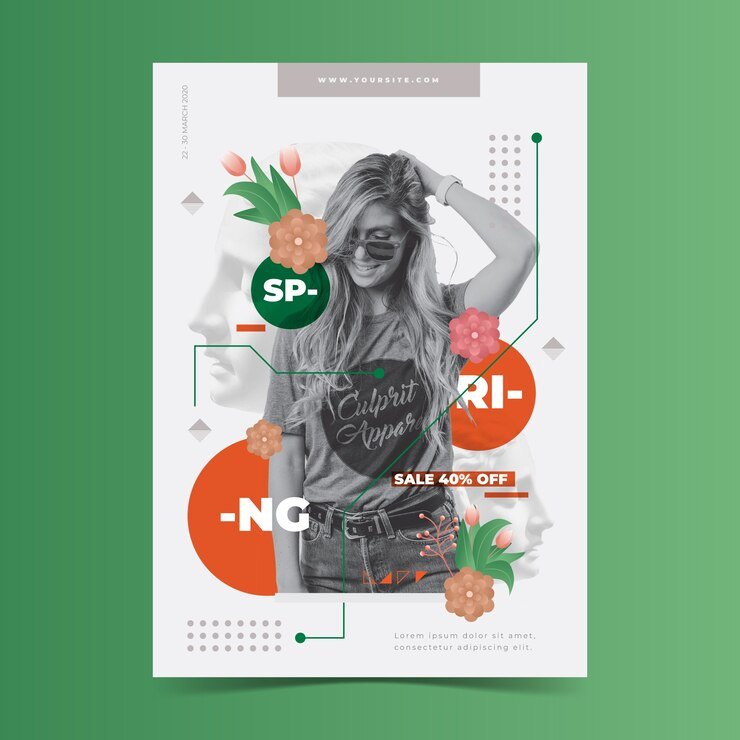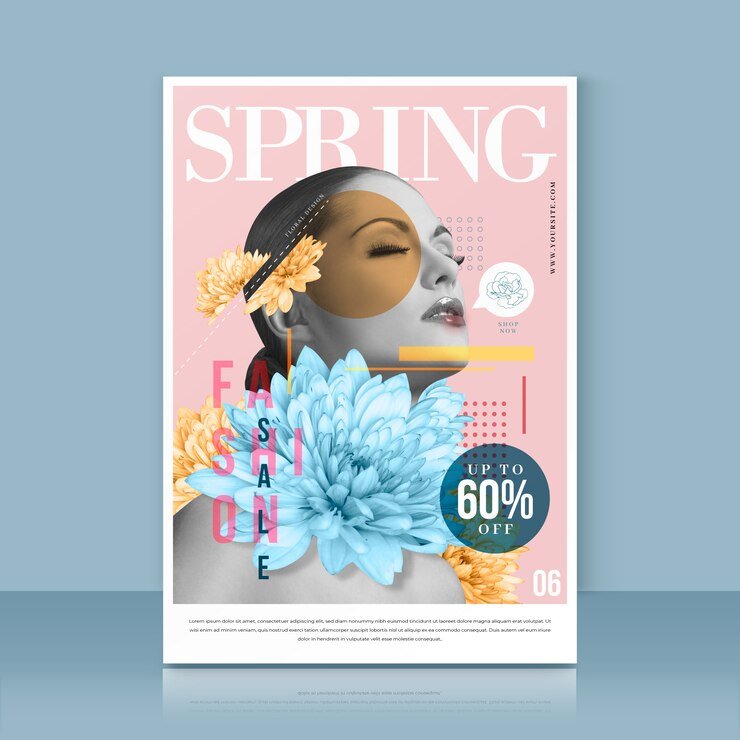Business
The Art of Magazine Covers: A Journey Through Design and Impact

Magazine covers are the visual gateways to the content inside a publication. They serve as the first point of interaction with readers, offering a blend of imagery, typography, and text to convey the magazine’s theme and tone.
The Evolution of Magazine Covers
From their inception, magazine covers have mirrored societal trends and technological advances:
- Early Covers (18th–19th Century)
Initial magazine covers were text-heavy, often resembling book titles. Artistic illustrations were rare. - The Golden Age (20th Century)
The rise of color printing brought bold imagery, intricate artwork, and headlines that grabbed attention. - Modern Covers (21st Century)
Digital tools and minimalist design trends have transformed covers into sleek, eye-catching works of art.
Why Are Magazine Covers Important?
- First Impressions Matter
A compelling cover draws readers in and encourages them to purchase or read the magazine. - Communicating Content
Covers summarize the magazine’s theme, highlighting key articles and features. - Establishing Identity
A consistent style builds a magazine’s brand, making it instantly recognizable.
Key Elements of a Magazine Cover
1. Striking Imagery
A captivating photograph or illustration serves as the centerpiece. Popular choices include celebrities, models, or thematic artwork.
2. Headlines and Taglines
These snippets provide a glimpse into the magazine’s content, often focusing on major articles or exclusive stories.
3. Typography
Fonts play a significant role in setting the tone—whether bold and edgy or elegant and sophisticated.
4. Colors and Contrast
A vibrant color palette enhances visual appeal, while contrast ensures readability.
5. Masthead
The magazine’s name, often styled uniquely, is a critical branding element.
Types of Magazine Covers
1. Single Image Covers
These feature one striking image as the focal point, often paired with minimal text.
2. Collage Covers
A collection of images or illustrations that highlight multiple themes or articles.
3. Text-Driven Covers
Rare but effective, these rely on bold typography to convey a strong message.
4. Conceptual Covers
These incorporate abstract or creative designs to intrigue readers and stand out on shelves.
The Role of Photography in Magazine Covers
Photography is the backbone of most magazine covers. Professional photographers work to capture images that are both visually stunning and contextually relevant, often collaborating with editors and designers.
How Technology Has Transformed Magazine Covers
Digital advancements have revolutionized cover design:
- Graphic Design Software
Tools like Adobe Photoshop and Illustrator enable designers to create intricate layouts. - Augmented Reality (AR)
Some modern covers integrate AR, allowing readers to interact with the magazine via their smartphones. - Eco-Friendly Printing
Advances in sustainable printing have made magazine production more environmentally friendly.
Iconic Magazine Covers in History
1. Rolling Stone (John Lennon, 1981)
Annie Leibovitz’s intimate photograph of John Lennon and Yoko Ono became a cultural symbol.
2. TIME (Man of the Year, 1927)
The debut of the “Man of the Year” cover concept revolutionized how magazines honored influential figures.
3. National Geographic (Afghan Girl, 1985)
The haunting portrait of Sharbat Gula remains one of the most recognized images in the world.
Tips for Designing an Engaging Magazine Cover
- Know Your Audience
Tailor the cover’s theme, imagery, and tone to the target demographic. - Focus on Visual Hierarchy
Ensure the most important elements, like the masthead and main headline, are prominent. - Embrace Trends Without Overdoing Them
Stay updated on design trends but maintain the magazine’s unique identity. - Experiment with Creativity
Unique compositions or unconventional color schemes can set your cover apart.
The Future of Magazine Covers
1. Digital Covers
As digital magazines gain traction, interactive and animated covers are becoming more popular.
2. Personalization
Technology may soon allow readers to receive customized covers based on their preferences.
3. Sustainability
Expect an increase in eco-conscious design and printing practices.
Why Magazine Covers Still Matter in a Digital World

Despite the rise of digital media, magazine covers remain relevant. They provide a tactile experience, serve as collectibles, and are often used in branding and marketing campaigns.
Conclusion
Magazine covers are more than just a façade—they’re an art form that combines creativity, strategy, and cultural relevance. From captivating imagery to engaging headlines, every element plays a role in capturing the reader’s attention. As technology and trends evolve, so too will the way magazine covers tell stories and make lasting impressions.
FAQs
What is the most famous magazine cover of all time?
The 1985 National Geographic cover featuring the Afghan Girl is often considered one of the most iconic.
What tools do designers use to create magazine covers?
Designers commonly use Adobe Photoshop, Illustrator, and InDesign for creating magazine covers.
Are print magazine covers different from digital ones?
Yes, print covers focus on physical appeal, while digital covers often include animations or interactive elements.
How do magazines choose their cover stars?
Cover stars are usually chosen based on their relevance to the magazine’s audience and current cultural trends.
Can I design a magazine cover without professional experience?
Yes! Tools like Canva make it easy for beginners to create magazine covers with templates and drag-and-drop features.
-

 Tech1 year ago
Tech1 year agoHow to Use a Temporary Number for WhatsApp
-

 Business2 years ago
Business2 years agoSepatuindonesia.com | Best Online Store in Indonesia
-

 Social Media1 year ago
Social Media1 year agoThe Best Methods to Download TikTok Videos Using SnapTik
-

 Technology1 year ago
Technology1 year agoTop High Paying Affiliate Programs
-

 Tech10 months ago
Tech10 months agoUnderstanding thejavasea.me Leaks Aio-TLP: A Comprehensive Guide
-

 FOOD12 months ago
FOOD12 months agoHow to Identify Pure Desi Ghee? Ultimate Guidelines for Purchasing Authentic Ghee Online
-

 Instagram3 years ago
Instagram3 years agoFree Instagram Auto Follower Without Login
-

 Instagram3 years ago
Instagram3 years agoFree Instagram Follower Without Login




















